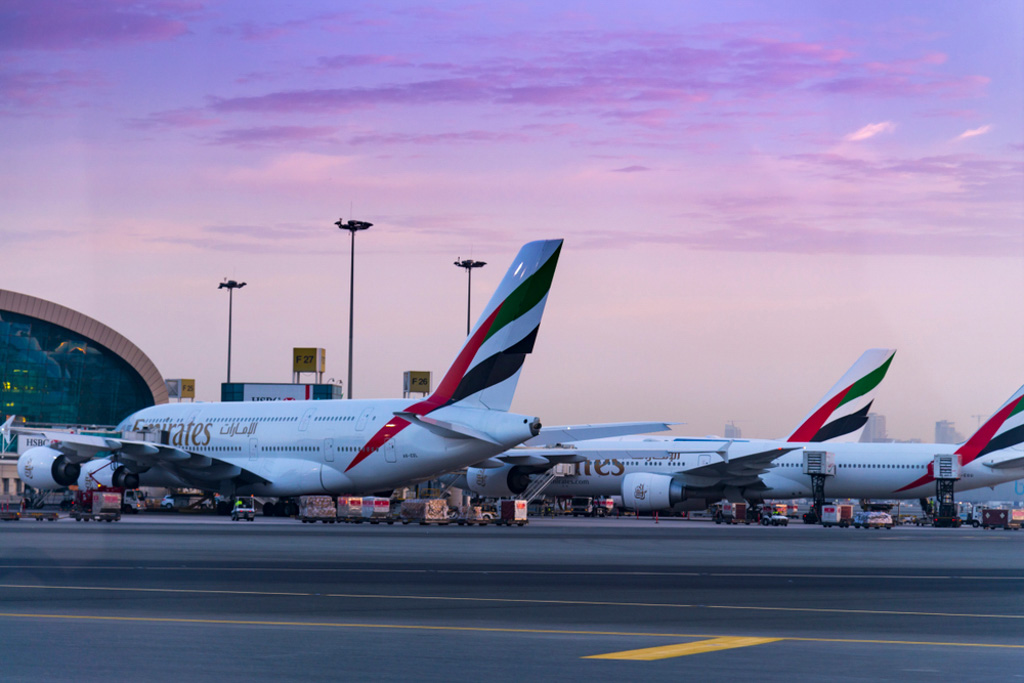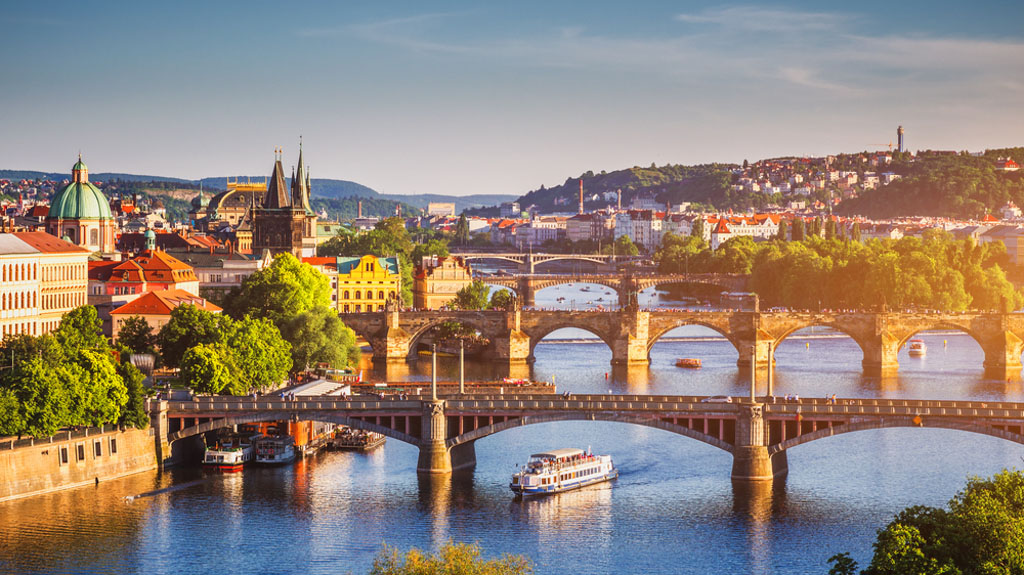In 2020 the world has been faced with extremely volatile times and the future remains uncertain. The arrival of COVID-19 has changed the world in unimaginable ways and will continue to do so, forcing people around the globe to adapt to the new norms, as returning to “normalcy” as we knew it before the pandemic, is not a scenario for the relatively near future.
In an effort to contain the spread of coronavirus over 150 countries implemented lockdown, quarantine, and curfew policies, while a total of 217 countries imposed travel restrictions, according to a report by the United Nations’ World Tourism Organization. While in past decades the tourism sector had become one of the fastest-growing economies in the world, contributing to 10.3% of the global GDP, the year 2020 faced a crisis like none before.
“Never before in history has international travel been restricted in such an extreme manner,” the report by UNWTO read.
The primary purpose of this recent study conducted by Blog Smart Agency was to understand what the future holds for the travel and tourism sector, demonstrating some insights on how different generations, from around the world, feel about the future of travel and trends.
The survey consisted of a balanced sample number of the following age groups:
- The GenZ generation, people born after 1996;
- The Millennial generation, those born between 1981 and 1996;
- And the generation born before 1980, a mixture of baby boomers and Generation X.
Travel Before 2020: Before Covid-19
Before the events brought about by the pandemic of 2020, people traveled more frequently, both internationally and nationally, while during the year 2020, the “COVID-19 year”, people traveled way less, especially for leisure purposes. It is observed that most people used to travel at least 1 time and a maximum of 7 times per year internationally, prior to the global pandemic.
Who traveled more during the pandemic?
The more fearless generation according to the study is the Millennial generation, whose half population reports that during 2020 continued traveling abroad, without purpose specification. Millennials are also those who declare that they would have still conducted their travels during 2020 if they haven’t faced any restrictions or if their trips did not get canceled and that “they are ready to get on the first plane” once travel resumes.

Fearless as well is the GenZ population, who although think very similarly to the Millennial generation, are restricted by their employment status – 75% of the GenZ declare they are currently unemployed (according to the survey numbers). While younger generations are open to travel, given that they will not face traveling restrictions, older generations are more reluctant until it is totally safe, in terms of health, to travel abroad. This doesn’t come as a surprise for two obvious reasons: older generations are more concerned about their health and while younger generations are more eager to travel, older generations seem to have different priorities and values. Precisely according to the numbers derived from the study conducted, only 28% of the Millennials declare that they wouldn’t travel until it is totally safe.
Where will we travel after the pandemic?
As to conducting national travels – trips and holidays within one’s country of residence – people were more open to the idea. Although people tend to be more eager to travel abroad, this doesn’t mean that people would not travel at all. At the end of the day – holidays are still holidays, and we all love them. During 2020, once the first lockdowns came to an end, people once again started booking holidays within their countries of residence, where they knew they wouldn’t face restrictions such as being stuck in another country or needing to self-quarantine upon their return as well as having access to medical assistance, if necessary.

Based on our study we noticed that after the pandemic, or at least once the pandemic starts to slow down and it is safer to travel again or there are fewer restrictions for those traveling, the number one holiday destination is City Breaks in Europe. Longer trips according to the survey results was the option that only one decimal of the population chose. An interesting insight here is that more than half of the GenZ population chose City Breaks in Europe, factors could be that the oldest GenZ is 23 years old.
Today, most young people finish their studies in their early 20s and start their careers in their mid-20s. This could mean that one might not have enough savings to conduct a longer trip and that second they might have not experienced traveling abroad as much as older generations, as the ones born before 1980 for example. As for other generations, while Millennials also mainly prefer Europe City Breaks to other given options, they are quite open to different ones as well.

An interesting observation made is that because the Millennials are in the process of building or already have an established career and have fewer responsibilities compared to the older generation, hence they have a larger budget and more free time to conduct longer trips. Also at the age that millennials are, people tend to go through phases in their lives where their taste changes and they desire new experiences, hence while some want luxurious and party trips others find themselves attracted to nature retreats and relaxed holidays.

How will we book our trips in the future?
As for how people will be booking their trips in the future, nothing has really changed, the internet continues to dominate the travel and tourism industry. Although the GenZ generation and the Millennials state that they will either continue to book everything by themselves using OTAs or by booking directly using the official websites of providers, generations born before 1980 are open to using other methods when booking their future trips- without meaning that they do not in generally prefer it. Such other methods include using the services of boutique travel agencies.
A conclusion that can be drawn here is that boutique travel agencies are more luxurious and offer a more personalized service compared to the other options, therefore they are more expensive compared to the other channels. This is why people born before 1980 would consider them. As they are focused on delivering a more personal approach, generally boutique travel agencies plan the whole travel itinerary for the customers which includes transportation, accommodation, restaurants, leisure activities, etc. Those born before 1980 prefer to have something fully organized to save their time and to also feel like they do not have to worry about anything and simply relax.
Conclusion: Lessons gained from the pandemic
With yet another year coming to an end – and what a year – the conclusion of what lessons people have learned from this year of uncertainty according to the survey, is that we people should be more appreciative of the little things in life. Something that we definitely took for granted before they were taken away from us. Seeing friends and family, the hugs, the kisses, the smiles of our loved ones!

Let us not forget that as we move forward into the new year we must continue to invest in self-development, either that be your career, emotional investment, or a physical one. Without realizing your full potential and who you truly are, happiness cannot come to you.
The study was conducted and completed by Isabela Marogianni, a graduate of two leading universities in the United Kingdom (University of Southhampton & University of Surrey) under the supervision of Elena Sergeeva, Managing Director of Blog Smart Agency and valuable insights from Fotini Zikakou, Market Research Guru.


